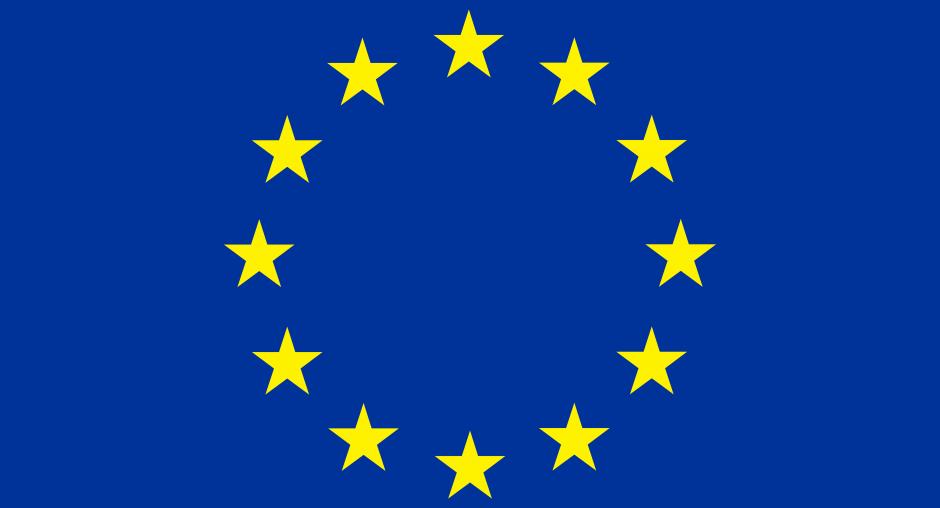The European Union
Since the beginning of the Helsinki process, the European Union (originally the European Communities) has played a vital role in the work of the OSCE (then Conference on Security and Co-operation in Europe). It has taken part in the negotiations on the Helsinki Final Act in 1975, which was signed by then-Prime Minister of Italy Aldo Moro, in his capacity as President of the Council of the European Communities. Presidents of the Commission of the European Union signed the Charter of Paris for a New Europe (1990) and the Charter for European Security (1999) alongside the EU Presidency. In 2006, the participation of the EU in the OSCE was formalized in the Organization’s Rules of Procedure, which granted it a seat next to the participating State holding the rotating EU Presidency.
All EU member states are at the same time participating States of the OSCE. The two organizations collaborate on a range of issues, and the scope of their co-operation has both broadened and deepened, following development of the EU Common Foreign and Security Policy, and the launch of the first EU crisis management operations under the European Security and Defence Policy. This is together with an increased engagement of the EU in OSCE participating States through the signing of stabilization and association or partnership and co-operation agreements in regions such as the Balkans, the South Caucasus and Eastern Europe. Today, co-operation includes:
- Judicial and police reform, public administration, anti-corruption measures
- Democratization, institution-building and human rights
- Media development
- Small and medium-sized enterprise development
- Border management and combating human trafficking
- Elections
Framework for co-operation
At both the political and working level, relations between the OSCE and the European Union are maintained through:
- Consultations between the OSCE Troika, including the OSCE Secretary General, and the EU at both the ministerial and ambassadorial/Political Security Committee levels.
- Cross representation at relevant meetings.
- Contacts between the Secretary General and the High Representative of the Union for Foreign Affairs and Security Policy and other high-level EU officials. Annual staff-level talks on topical issues that are on each organization's agenda.
Co-operation is particularly close in the field, where Heads of OSCE field operations regularly liaise and co-ordinate with relevant EU representatives in the host country. EU representatives on the ground are frequently invited to address the OSCE Permanent Council. The European Union and its member states today are a major source of extra-budgetary funding of OSCE activities in the field.

